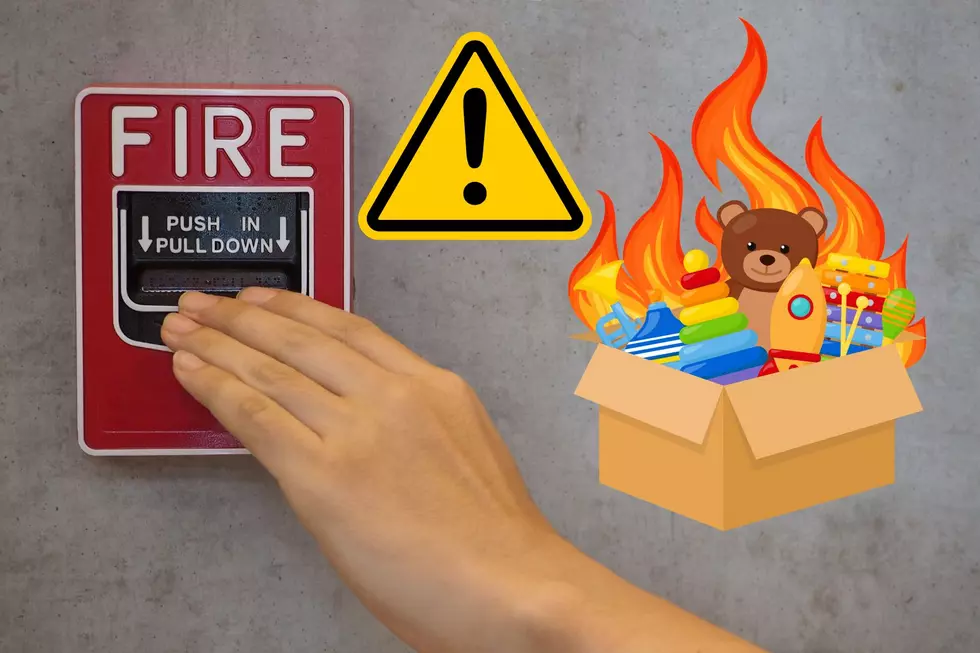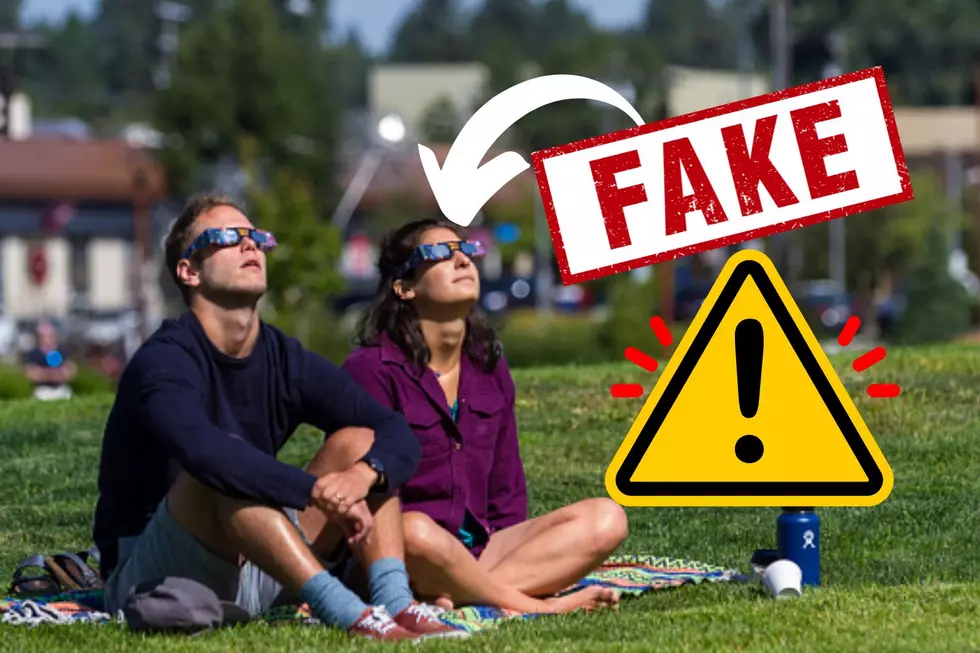
Warning: Old Scam Becoming More Popular In Tennessee
People of Tennessee, if someone on the phone asks, "Can you hear me?" don't say yes. Hang up right away. It might be a trick.
An Old Scam Is Becoming Popular Again
The "Can you hear me" trick has been tricking people for a while. We don't know exactly how it works, but experts say it's best to hang up and not talk to them.
Read More: Tennessee Never Use This Recalled Product Causing Health Problems
Why Is The Scam Dangerous?
The "Can you hear me" scam can be dangerous. Scammers might want you to say "yes" or record your voice. Then, they could use your voice to pretend you agreed to something you didn't.
The Better Business Bureau (BBB) warns about this scam. They say scammers might hang up after you answer, but they could also talk about bank stuff, vacations, warranties, or Medicare cards. They might pretend to be your bank, a government office, or an insurance company. The BBB keeps track of scams like this through its Scam Tracker tool.
“We encourage people to report this and other scams to BBB’s Scam Tracker," BBB spokeswoman Melanie McGovern told USA TODAY. "It helps to warn others that this activity is happening again. If you get a call, simply hang up without saying anything."
The BBB said that so far, no reports in the Scam Tracker mention monetary loss, though the agency is unsure if any victims have reported losses to other authorities. "However, it’s unclear how the scams will play out over time or if the targets will be victimized later," the BBB said.
How Does The "Can You Hear Me" Scam Work?
You get a call, and the person quickly asks, "Can you hear me?" They want you to say "Yes," which you might do without thinking. The call might feel strange, or they might say they have a problem with their phone and promise to call back. But actually, they could be recording your conversation. Later, they could edit your "Yes" to make it seem like you agreed to buy something big.
Your "Yes" could also show them your number works, so they might target you with more scams. The Federal Communications Commission (FCC) made using AI voices in these calls illegal in February. The scam could also involve them asking if you are a specific person, trying to get you to say "Yes." They might not hang up right away and could try to get more information from you or record more of your voice.
What Can I Do To Protect Myself?
- Use Caller ID to see who's calling. If you don't know the number, you might want to ignore it. If it's important, they'll call back, according to the Better Business Bureau. The BBB also recommends checking out the FCC's advice on stopping annoying robocalls and texts.
- Just hang up if you suspect it's a scam. Scammers will try different tricks, so watch out for other questions aimed at getting you to say "yes," the BBB warns.
- Take note of the number and report it to BBB.org/ScamTracker to warn others. The BBB shares this information with government and law enforcement to help stop scams.
- Sign up for the Do Not Call Registry (DoNotCall.gov) to reduce marketing and sales calls. It might not stop scam calls, but it can lessen the overall number of calls you get, the BBB suggests.
- Keep an eye on your bank and credit card statements for any unfamiliar charges. Also, check your phone bills regularly, advises the BBB. Scammers might use your "yes" to approve charges you didn't agree to. This is called "cramming," and it's against the law. If you're worried, tell your bank and credit card company. They might be able to watch for unauthorized transactions or temporarily freeze your cards.
Stay safe Tennessee.
Read More: Tennessee Lawmakers Outlawed Strange First Cousin Marriages

LOOK: The biggest scams today and how you can protect yourself from them
More From 97X









